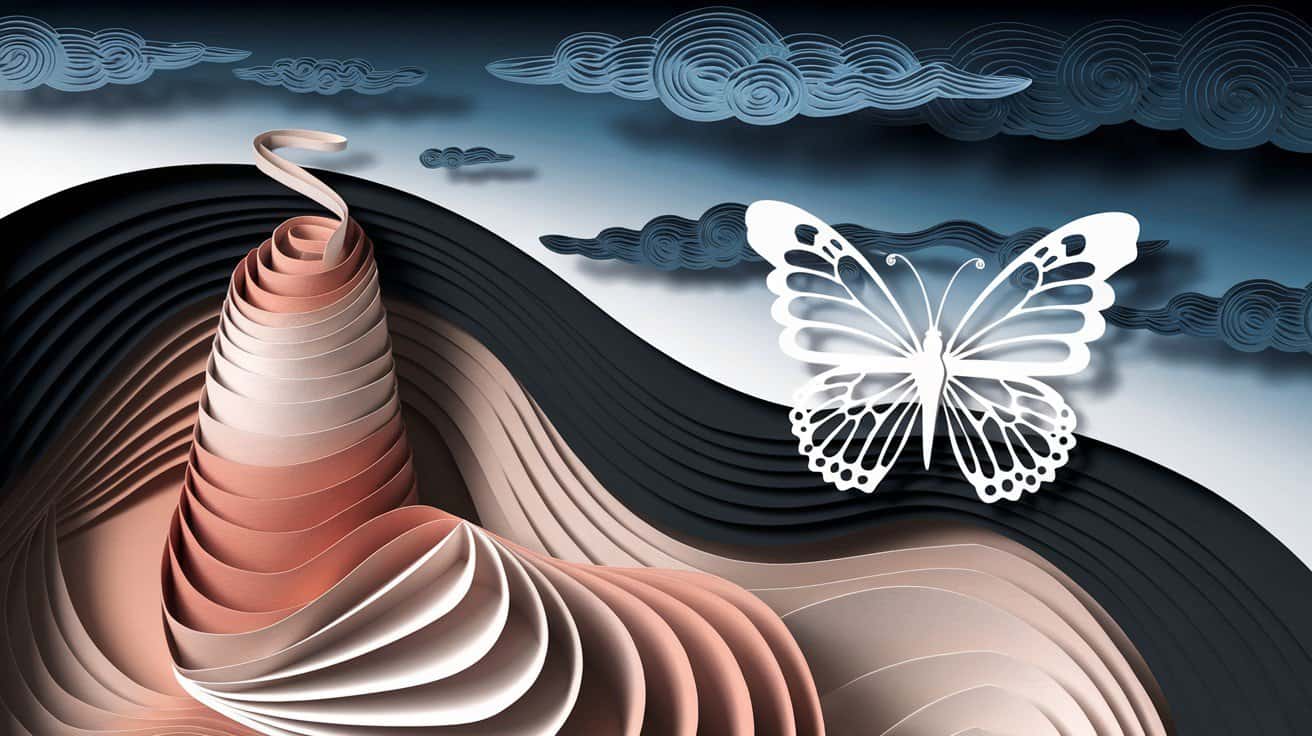I remember the first time my body convinced me I was about to die. Heart pounding against my ribs like it was trying to escape, breath coming in shallow gasps, an electric certainty running through every nerve that this was it. I was thirty-two years old, sitting in my car in a grocery store parking lot, and I genuinely believed I wouldn’t make it home. I did make it home, of course. And over the years since, I’ve learned that those moments – when your whole system screams that something is catastrophically wrong – carry their own strange invitation. Not an invitation you asked for, and certainly not one you’d choose. But if you’re reading this because you know exactly what I’m describing, I want you to know: there’s solid ground waiting on the other side of this feeling, even when every part of you insists otherwise.
You’re not alone. And you’re not dying – even though every cell in your body might be screaming otherwise.
Understanding the Physical Reality Behind “Feeling Like Death”
When your body enters fight-or-flight mode, it triggers a cascade of physical responses that can feel terrifyingly similar to serious medical emergencies. Your heart races, your breathing becomes shallow, your muscles tense, and your mind goes into overdrive searching for danger.
These sensations are real. Your experience is valid. But understanding what’s actually happening in your body can be the first step toward regaining control.
Think of it like a car alarm that’s been triggered by a strong wind – the alarm is doing its job, but there’s no actual threat to the vehicle. Your body’s alarm system is working perfectly; it’s just been activated at the wrong time.
The Hidden Language of Panic
Sometimes these feelings of impending doom are trying to tell us something deeper. During my own experience, I discovered that my “dying” sensations were actually my body’s way of saying “something needs to change. ” By taking the time to listen to those sensations, I began to uncover the patterns and routines in my life that were no longer serving me. This journey revealed that finding peace in existential dread is not about eliminating fear but embracing it as a catalyst for growth. Through reflection and self-discovery, I learned to transform that sense of urgency into motivation for positive change.
The truth is, these moments often arise when:
- We’re pushing ourselves too hard
- We’re ignoring important emotional needs
- We’re carrying trauma or unprocessed grief
- Our life is out of alignment with our values
- We’re facing major life transitions
Your body speaks in metaphors, and sometimes “I feel like I’m dying” really means “This way of living isn’t sustainable anymore.”
Immediate Steps When Death Feels Imminent
When you’re in the grip of these feelings, try this grounding technique I learned that literally saved me during my worst moments:
- Place your feet firmly on the floor
- Name 5 things you can see
- Take one deep breath for each thing you name
- Gently tap your sternum while breathing
- Remind yourself: “This is temporary. I am safe.”
The key is not to fight the sensation but to create space around it. Like holding a scared child, sometimes the most powerful thing we can do is simply be present with our fear without trying to make it go away.
Finding Your Way Back to Life
Here’s what I’ve learned about moving through these experiences:
Start small. Really small. On my worst days, success meant simply getting out of bed and making tea. That’s okay. Recovery isn’t linear, and healing happens in tiny increments.
Build a support system. Having people who understand – whether that’s friends, family, or mental health professionals – can make all the difference. You don’t have to carry this alone.
Learn your triggers. Keep a simple journal noting when these feelings arise. Patterns will emerge, and patterns can be worked with.
The Path Forward
Remember: feeling like you’re dying doesn’t mean you’re crazy, weak, or broken. It means you’re human, experiencing an intensely human response to overwhelming circumstances.
The path forward isn’t about eliminating these feelings entirely – it’s about building a new relationship with them. It’s about learning to say, “Ah, there’s that sensation again” instead of being consumed by it.
Take a moment right now. Feel your breath moving in and out. Notice that even in reading about these experiences, you’ve survived every single moment up until now. That’s not just luck – it’s evidence of your innate resilience.
If you’re struggling with these feelings regularly, please reach out for professional support. You deserve to have help navigating this, and there are people specifically trained to walk this path with you.
Remember: this feeling, no matter how intense, is temporary. And while it might feel like death, it can actually be a doorway to a fuller, more authentic way of living.
What small step can you take right now to ground yourself in the present moment? Sometimes, that’s all we need to begin finding our way back to life.


